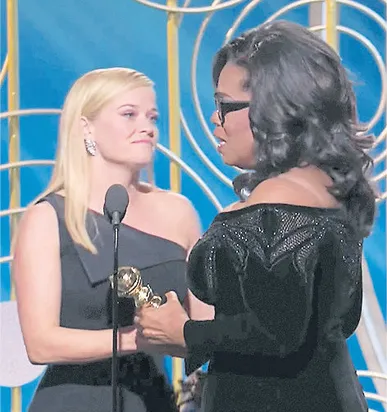
USA: Globes protest
The Golden Globes is normally a self-congratulatory affair: laughably long thank-yous; controversy over the length of a designer dress; scandal about who got which awards…
It is hard for any of us not in the entertainment world to take this seriously, despite the column inches in our newspapers. But this year’s event on 7 January was different. Nearly all the women wore black (yes, still designer and still often revealing), which emphasised their solidarity and seriousness; men and women made comments about gender equality, whether in terms of pay or distribution of awards and Oprah Winfrey made a speech which some say marks her out as a potential presidential candidate.
What are you like at wrestling in prayer?
Wrestling is a strange image of prayer. If you read some of the pieces written about prayer today, it seems even more strange.
They tell us (rightly) that prayer is about intimacy and relationship, about knowing God. The Bible’s image of wrestling suggests instead conflict and hard work. It may be an intimate way to fight, but it isn’t sweet. This kind of fighting is sweaty, painful – and all about endurance.